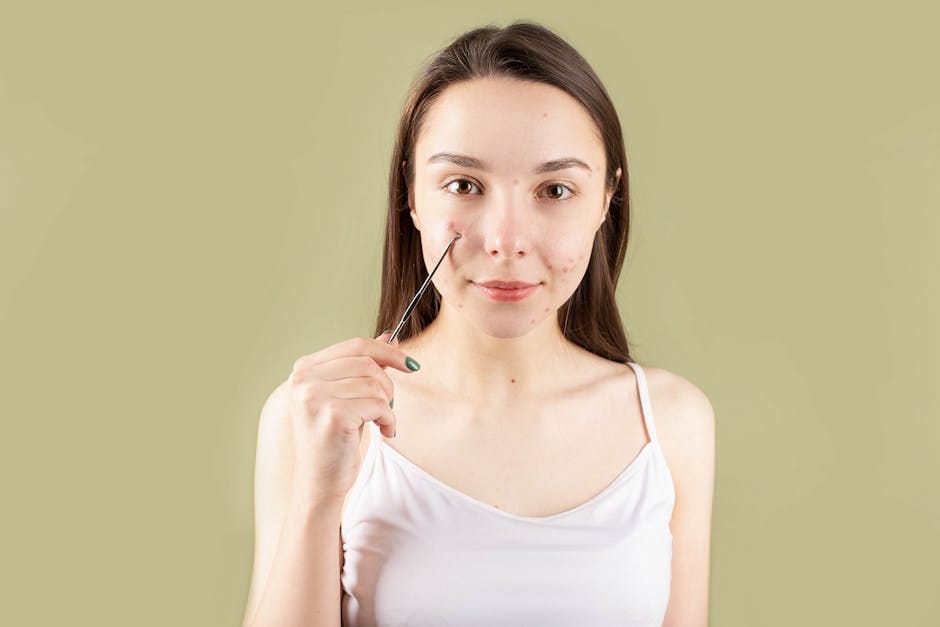Acne, a common skin condition that affects millions worldwide, can be a source of frustration and self-consciousness. Characterized by pimples, blackheads, and whiteheads, acne occurs when hair follicles become clogged with oil and dead skin cells. While there is no one-size-fits-all solution, understanding the different acne treatments available can help you achieve clearer, healthier skin.
Over-the-counter (OTC) products are often the first line of defense against acne. These readily available treatments typically contain ingredients like benzoyl peroxide, salicylic acid, or alpha hydroxy acids. Benzoyl peroxide works by killing bacteria and reducing inflammation, while salicylic acid helps to unclog pores and prevent new breakouts. Alpha hydroxy acids, on the other hand, exfoliate the skin and promote cell turnover.
For more persistent or severe acne, prescription medications may be necessary. Topical retinoids, derived from vitamin A, are highly effective in treating acne by regulating skin cell turnover and reducing inflammation. Antibiotics, either topical or oral, can help control bacterial growth and reduce inflammation associated with acne. In some cases, hormonal therapies, such as birth control pills or spironolactone, may be prescribed to address hormonal imbalances that contribute to acne.
In addition to medications, several in-office procedures can effectively target acne. Chemical peels involve applying a chemical solution to the skin, which causes the top layer to peel away, revealing smoother, clearer skin beneath. Microdermabrasion is a mechanical exfoliation technique that uses fine crystals to remove dead skin cells and unclog pores. Light and laser therapies target acne-causing bacteria and reduce inflammation, leading to clearer skin over time.
Lifestyle modifications can also play a significant role in managing acne. Maintaining a consistent skincare routine is crucial. This includes cleansing twice daily with a gentle cleanser, exfoliating regularly, and moisturizing appropriately for your skin type. Avoid touching your face excessively, as this can transfer bacteria and irritate the skin.
Diet and acne have long been a subject of debate. While there is no definitive evidence that certain foods directly cause acne, some studies suggest that high-glycemic foods and dairy products may exacerbate breakouts in some individuals. Adopting a balanced diet rich in fruits, vegetables, and whole grains is generally beneficial for overall health, including skin health.
Stress is another factor that can worsen acne. When you're stressed, your body produces more cortisol, a hormone that can increase oil production and inflammation, leading to breakouts. Finding healthy ways to manage stress, such as exercise, yoga, or meditation, can be beneficial for both your mental and skin health.
Remember that finding the right acne treatment plan may require patience and experimentation. It's essential to consult with a dermatologist to determine the best course of action based on your individual skin type and the severity of your acne. With the right approach, you can achieve clearer, healthier skin and regain your confidence.

